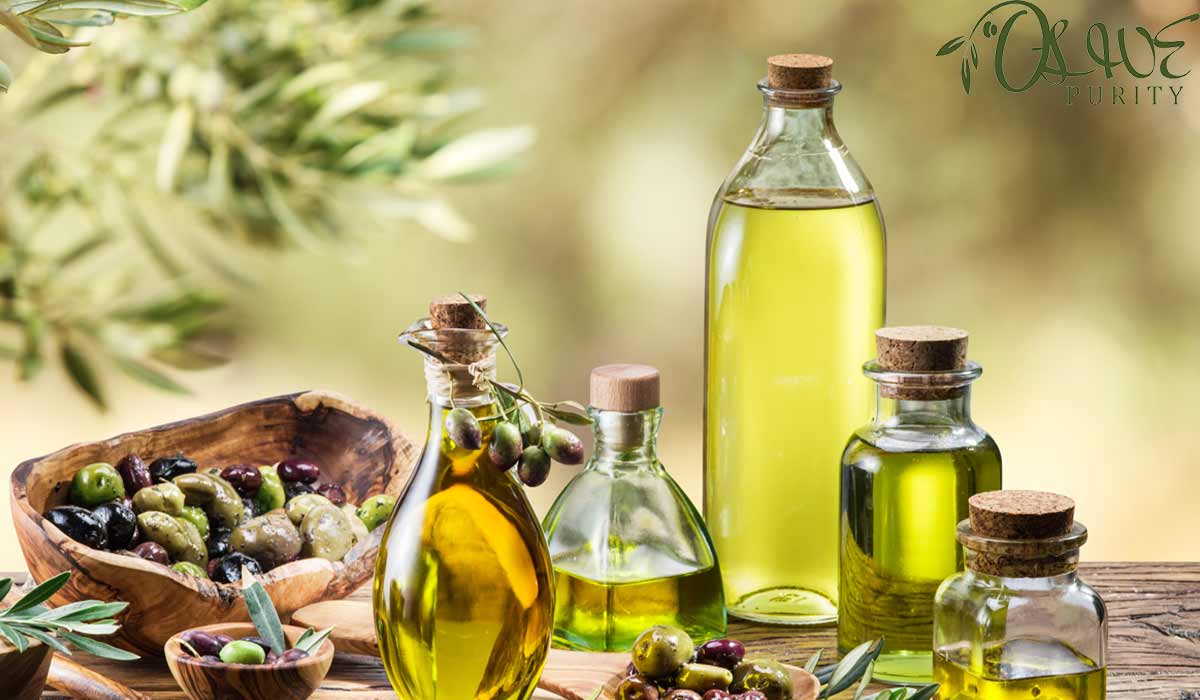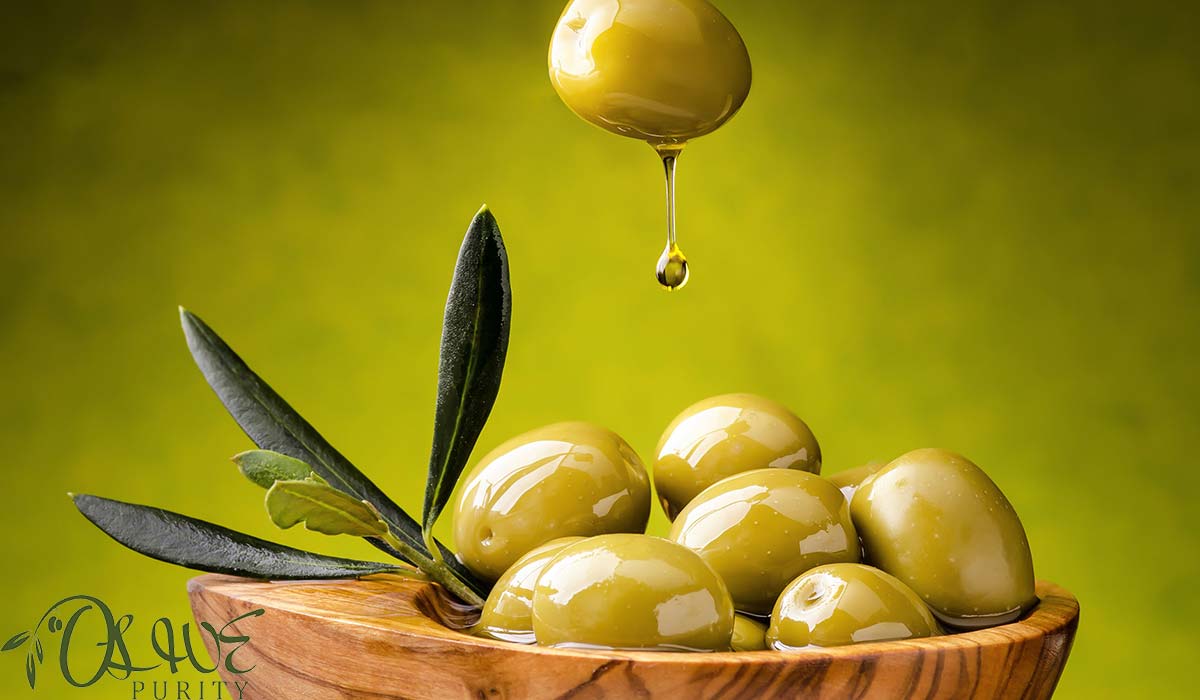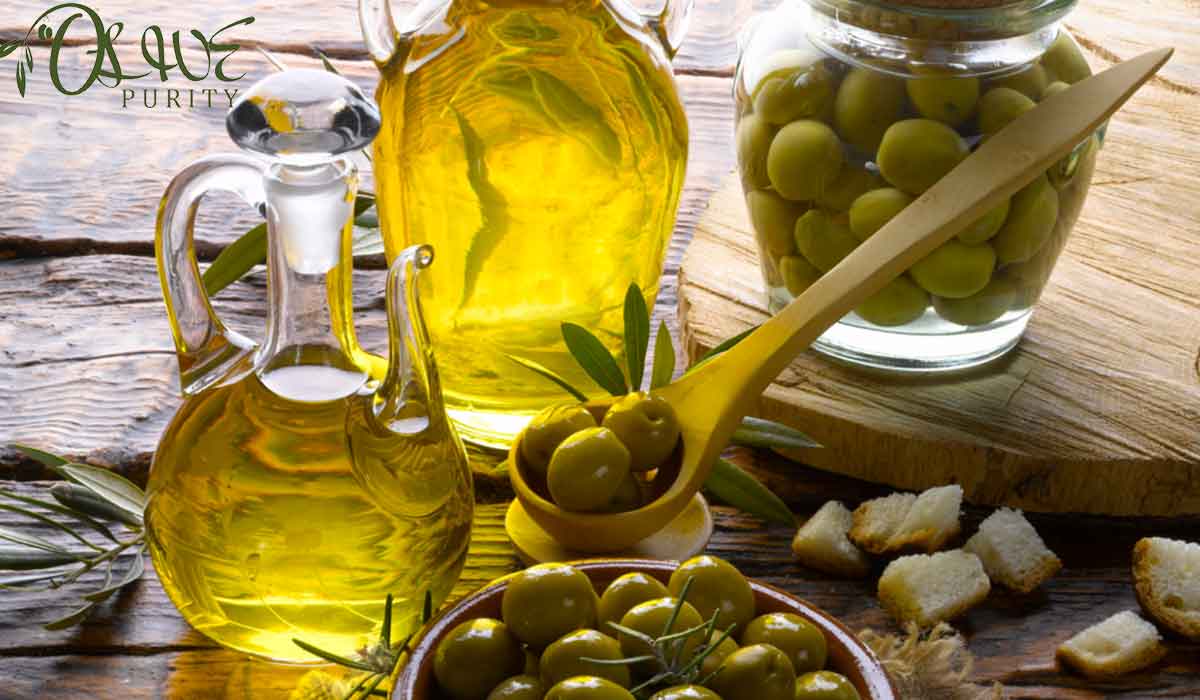Does Olive Oil Need to Be Organic?
In current years, the thrill round organic merchandise has grown louder, and olive oil is not any exception. Olive oil has long been celebrated for its health blessings, rich taste, and flexibility in the kitchen. But does olive oil need to be organic? In this article, we’ll delve into the world of olive oil to explore the importance of choosing organic varieties. From olive oil production to health benefits and environmental impact, we’ll uncover the factors that may influence your decision when selecting this kitchen staple as olive oil need to be organic or not.
Key Takeaways
- Organic olive oil is produced without the use of synthetic pesticides, herbicides, or fertilizers.
- Extra virgin olive oil is the highest quality olive oil, and it is available in both organic and non-organic forms.
- The nice of olive oil isn’t determined entirely by whether or not or no longer it’s miles natural. Other elements, along with the olive range, climate, and harvest time, also play a function.
- Organic farming practices may have environmental benefits, but they can also be more expensive than conventional farming practices.
- The taste and flavor of olive oil can vary depending on the olive variety, climate, and harvest time.
- There’s no definitive approach to the query of whether or now not olive oil want to be natural. ultimately, the choice of whether or not or now not to buy herbal olive oil is a private one that need to be based totally absolutely on your character alternatives and values.
The Basics of Olive Oil
Before we dive into the controversy of olive oil want to be natural, allow’s cover the basics of olive oil. there are numerous styles of olive oil, with “extra virgin olive oil” being the most prized and admired. This top rate oil is extracted from the first bloodless urgent of olives, resulting in a product with advanced flavor, aroma, and nutritional content. Olive oil isn’t always just a cooking aspect; it is a cultural staple with a rich history.
Organic Olive Oil: What Sets It Apart?
Natural Farming and Pesticide Use
One of the primary variations among herbal and traditional olive oil lies in the farming practices. herbal olive oil is derived from olives grown according with strict natural farming requirements. this indicates no artificial pesticides or fertilizers are used in the course of cultivation. In contrast, conventional olive oil may involve the use of various chemicals to enhance crop yield and protect against pests.
Environmental Impact
The choice between organic and conventional olive oil extends beyond personal health considerations. Organic farming practices prioritize sustainability and environmental consciousness. By eschewing synthetic chemicals, organic olive oil production aims to minimize its impact on the ecosystem. This environmental consideration may sway consumers who prioritize eco-friendly and sustainable products.
Taste and Flavor
The flavor profile of olive oil is a crucial factor for many consumers. Organic olive oil enthusiasts argue that the absence of chemical residues enhances the natural taste and aroma of the oil. This purer flavor can elevate culinary experiences, especially in dishes where the distinct taste of olive oil plays a central role.
Health Benefits
At the same time as each natural and conventional olive oils offer fitness advantages, proponents of organic varieties argue that the absence of insecticides and chemicals makes them a more fit desire. natural olive oil is thought to maintain extra of its herbal antioxidants and polyphenols, contributing to its potential health-boosting houses.
Natural vs. conventional: a more in-depth appearance
Permit’s break down the important thing elements which could impact your choice while deciding on among organic and conventional olive oil:
| Criteria | Organic Olive Oil | Conventional Olive Oil |
|---|---|---|
| Farming Practices | Strict adherence to organic farming standards. | May involve the use of synthetic pesticides and fertilizers. |
| Environmental Impact | Lower environmental impact due to sustainable practices. | Potential environmental concerns with chemical usage. |
| Taste and Flavor | Enhanced natural taste and aroma without chemical residues. | May contain traces of chemical residues affecting flavor. |
| Health Benefits | Retains more antioxidants and polyphenols. | May contain pesticide residues, potentially affecting health benefits. |
The Price Factor
It is essential to cope with the elephant in the room – the rate distinction. organic merchandise, consisting of olive oil, often come with a higher rate tag. The extended value is attributed to the rigorous standards of natural farming and the constrained use of synthetic inputs. While organic olive oil may be pricier, many consumers consider the potential health and environmental benefits worth the investment.
FAQs
Conclusion
Ultimately, the choice between natural and conventional olive oil boils all the way down to non-public possibilities and priorities. if you prioritize environmental sustainability, minimum chemical exposure, and a purer flavor, organic olive oil may be the proper preference for you. on the other hand, if finances constraints are a sizeable issue, conventional olive oil nonetheless offers some of the same fitness blessings, albeit with capacity alternate-offs.
In conclusion, whether olive oil need to be organic depends on your values, priorities, and budget. As the demand for organic products continues to rise, the olive oil enterprise adapts to satisfy these converting choices. no matter your preference, incorporating olive oil into your eating regimen can make a contribution to a healthful and flavorful culinary enjoy.













